
Constantia: Cape Town’s Historic Vineyard Haven
Nestled in the verdant valleys of Cape Town, Constantia offers a serene escape from the bustling city life. Renowned as the oldest wine-producing region in the Southern Hemisphere, this neighbourhood is a paradise for oenophiles and history buffs alike. The lush vineyards, some dating back to the 17th century, provide a picturesque backdrop for wine tastings and leisurely strolls. Beyond its world-class wineries, Constantia is home to several historic estates, each with its own unique charm and story. Groot Constantia, the most famous of these, offers guided tours that delve into the rich history and winemaking traditions of the area. Visitors can explore the elegantly preserved Cape Dutch architecture and enjoy gourmet meals at the estate's renowned restaurants. Nature enthusiasts will find plenty to love in Constantia as well. The neighbourhood boasts an array of outdoor activities, from hiking trails in the Constantia Greenbelt to bird-watching in the Kirstenbosch Botanical Gardens. The tranquil surroundings make it an ideal spot for relaxation and rejuvenation, with many boutique hotels and spas offering luxurious retreats. Whether you are a connoisseur of fine wines, a lover of history, or simply seeking a peaceful getaway, Constantia promises an unforgettable experience. Its blend of natural beauty, cultural heritage, and modern amenities make it a must-visit destination in Cape Town.
Local tips in Constantia
- Visit Groot Constantia early in the day to avoid crowds and enjoy a quiet wine tasting experience.
- Wear comfortable walking shoes for exploring the vineyards and hiking trails.
- Book a guided tour to learn about the history and winemaking process of the region.
- Check out the local farmers' markets for fresh produce and artisanal products.
- Take advantage of the spa services offered by local boutique hotels for a relaxing experience.
Constantia: Cape Town’s Historic Vineyard Haven
Nestled in the verdant valleys of Cape Town, Constantia offers a serene escape from the bustling city life. Renowned as the oldest wine-producing region in the Southern Hemisphere, this neighbourhood is a paradise for oenophiles and history buffs alike. The lush vineyards, some dating back to the 17th century, provide a picturesque backdrop for wine tastings and leisurely strolls. Beyond its world-class wineries, Constantia is home to several historic estates, each with its own unique charm and story. Groot Constantia, the most famous of these, offers guided tours that delve into the rich history and winemaking traditions of the area. Visitors can explore the elegantly preserved Cape Dutch architecture and enjoy gourmet meals at the estate's renowned restaurants. Nature enthusiasts will find plenty to love in Constantia as well. The neighbourhood boasts an array of outdoor activities, from hiking trails in the Constantia Greenbelt to bird-watching in the Kirstenbosch Botanical Gardens. The tranquil surroundings make it an ideal spot for relaxation and rejuvenation, with many boutique hotels and spas offering luxurious retreats. Whether you are a connoisseur of fine wines, a lover of history, or simply seeking a peaceful getaway, Constantia promises an unforgettable experience. Its blend of natural beauty, cultural heritage, and modern amenities make it a must-visit destination in Cape Town.
Iconic landmarks you can’t miss
Constantia Village Courtyard Shopping Centre
Discover boutique shopping and delightful dining at Constantia Village Courtyard Shopping Centre, the heart of local culture in Constantia.
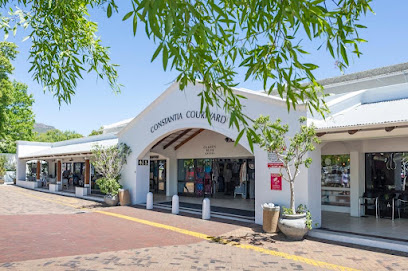
Jonkershuis Constantia
Discover exquisite dining at Jonkershuis Constantia, set in the heart of Groot Constantia wine estate, where culinary mastery meets stunning vineyard views.
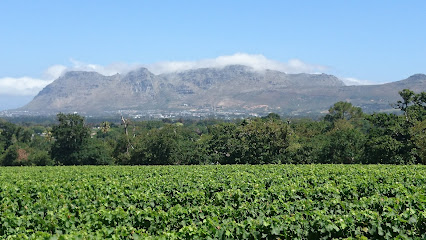
Alphen Trail
Alphen Trail: A breathtaking hiking experience in Cape Town, surrounded by lush landscapes and stunning views, perfect for nature lovers and adventure seekers.
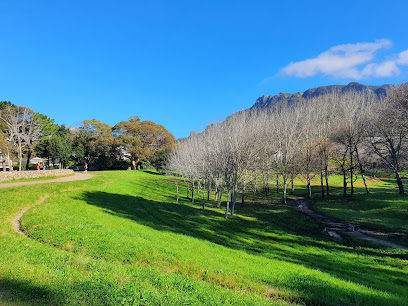
Groot Constantia Winemaking Plaque
Discover the allure of Groot Constantia, South Africa's oldest wine estate, where history and fine winemaking come together in breathtaking surroundings.
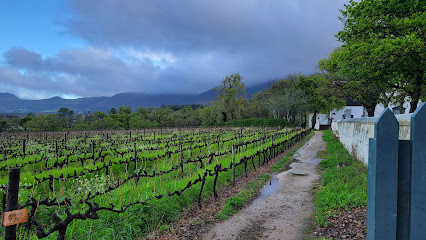
Groot Constantia-Trust
Experience the rich history and exquisite wines of Groot Constantia, South Africa's oldest winery, located in the heart of Cape Town's Constantia Valley.

Constantia Nek
Experience the breathtaking beauty of Constantia Nek, a national park in Cape Town, where adventure meets tranquility in nature's embrace.
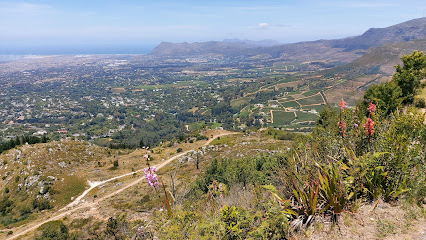
Constantia Greenbelt and Forest
Explore the serene beauty of Constantia Greenbelt and Forest, a natural oasis in Cape Town perfect for picnics, walks, and wildlife watching.
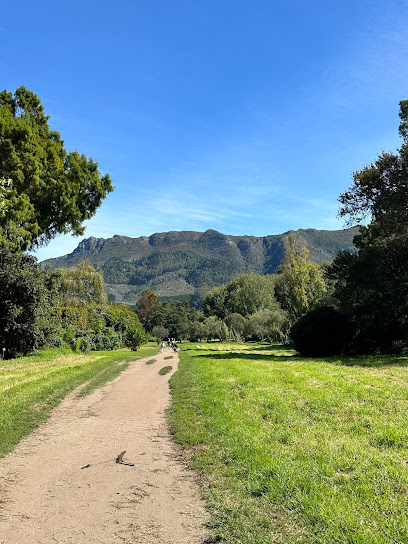
Constantia Glen
Discover the beauty and exquisite wines of Constantia Glen, where breathtaking views meet world-class winemaking in Cape Town's iconic Constantia Valley.
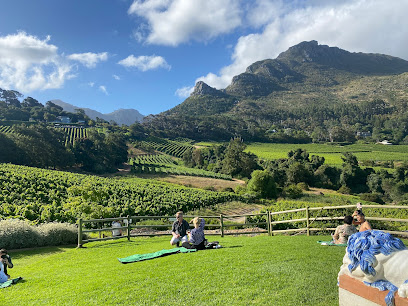
Silverhurst Trail
Explore the scenic Silverhurst Trail in Cape Town's Constantia, a tranquil path through nature with stunning views and diverse wildlife.
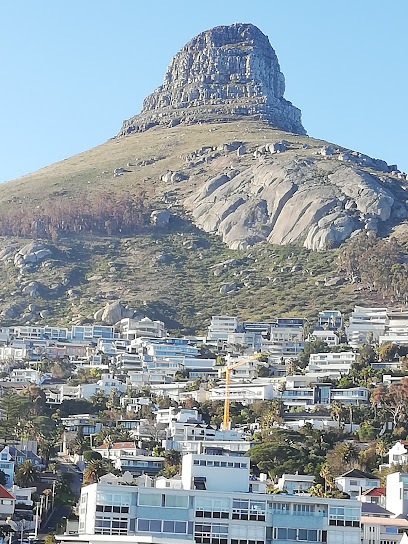
Groot Constantia Museum
Explore Groot Constantia Museum, the heart of South African wine heritage, set in the stunning Constantia Valley of Cape Town.
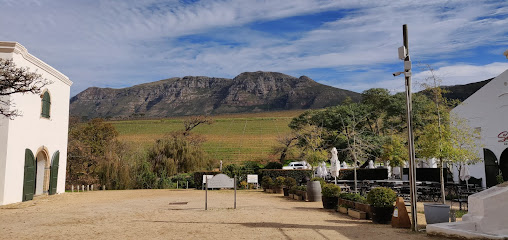
Groot Constantia Bath
Discover the historic Groot Constantia Bath, a serene landmark that showcases the rich heritage and stunning landscapes of Cape Town's Constantia Valley.
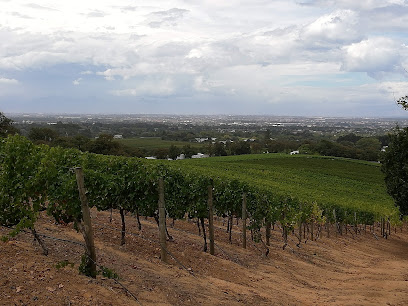
Constantia Mist
Discover the charm of Constantia Mist Vineyard, where exceptional wines and stunning landscapes create an unforgettable experience in Cape Town's premier wine region.
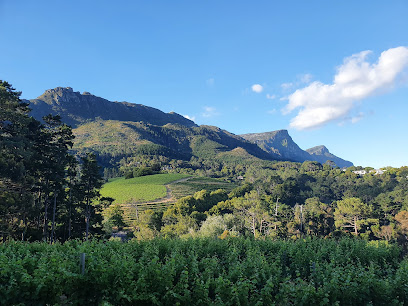
Constantia Valley Tourism
Experience the breathtaking beauty and rich heritage of Constantia Valley, Cape Town's premier wine region, where nature and culture come together.
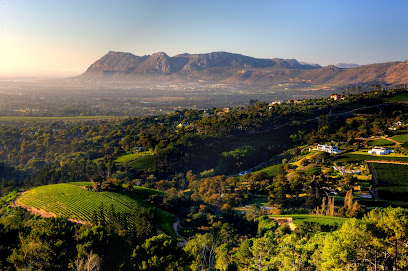
Unmissable attractions to see
Kirstenbosch National Botanical Garden
Discover the breathtaking beauty of Kirstenbosch National Botanical Garden, a must-visit for nature lovers in Cape Town.
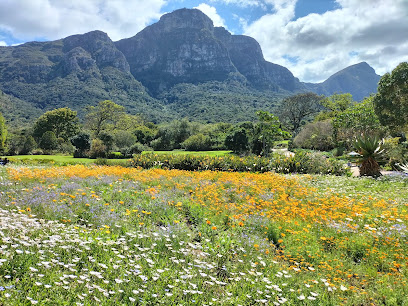
World of Birds Wildlife Sanctuary & Monkey Park
Explore the vibrant World of Birds Wildlife Sanctuary & Monkey Park in Hout Bay, Cape Town, home to over 3,000 birds and diverse wildlife.
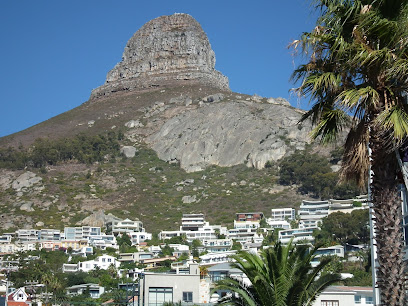
Alphen Trail
Discover the breathtaking Alphen Trail in Cape Town, a perfect blend of scenic views and nature's tranquility, ideal for hiking enthusiasts and nature lovers.
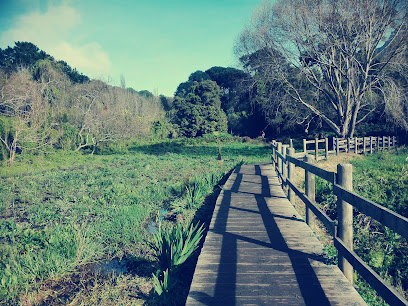
Acrobranch Constantia
Experience thrilling treetop adventures and outdoor fun at Acrobranch Constantia, the ultimate adventure park in Cape Town's stunning Hout Bay.
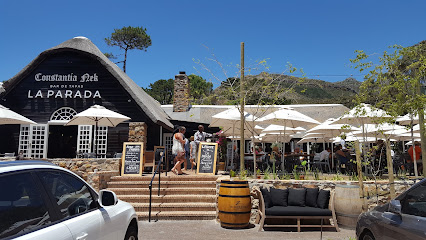
Constantia Nek
Discover the natural beauty and breathtaking views of Constantia Nek, a stunning national park in Cape Town, perfect for hiking and enjoying nature.
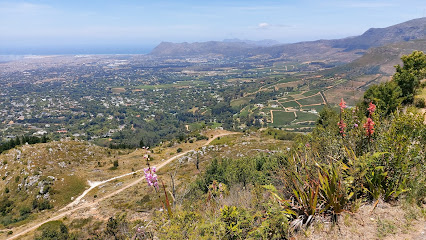
Constantia Greenbelt and Forest
Immerse yourself in the lush landscapes of Constantia Greenbelt and Forest, a tranquil escape in Cape Town's natural beauty.
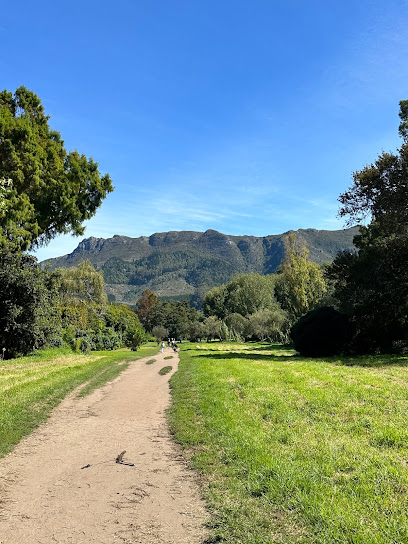
Klaasenbosch Greenbelt Trail
Experience the natural beauty of Klaasenbosch Greenbelt Trail in Cape Town, a serene escape for nature lovers and adventure seekers alike.
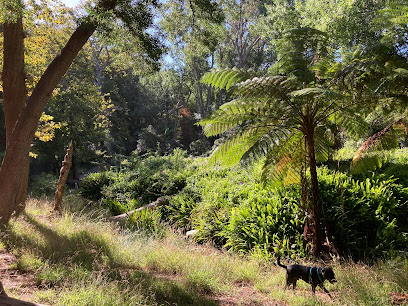
Cecilia, Table Mountain
Explore the natural beauty of Cecilia, Table Mountain: a hiker's paradise filled with lush forests, stunning views, and diverse wildlife.
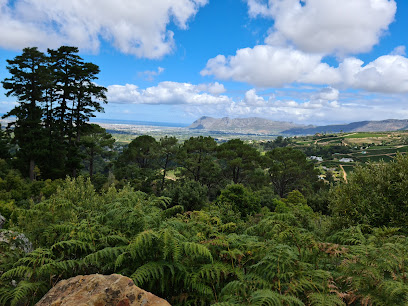
Elephant's Eye Cave
Experience the stunning views and unique geological formations at Elephant's Eye Cave, a prime hiking destination in Cape Town, South Africa.
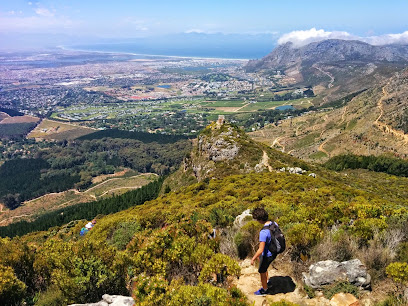
Silverhurst Trail
Explore the natural beauty and serenity of Silverhurst Trail in Constantia, Cape Town—a perfect escape for outdoor enthusiasts and families.
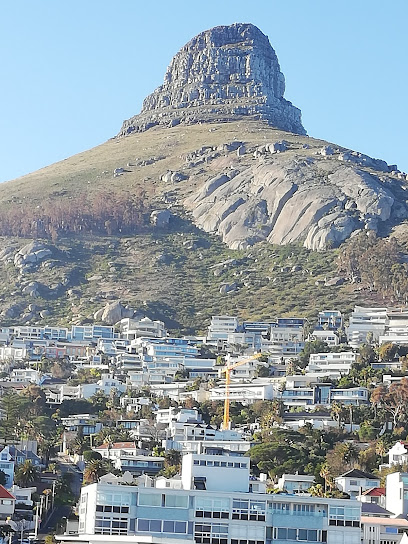
Cape Town Ziplines SA Forest Adventures
Soar through the treetops at Cape Town Ziplines and enjoy stunning views of Hout Bay and the surrounding mountains for an unforgettable adventure.
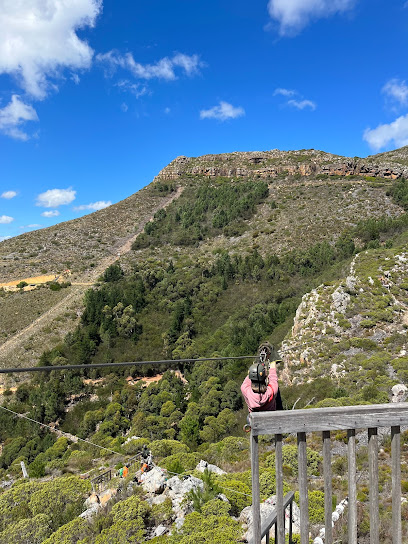
Greenbelt
Explore Greenbelt in Cape Town, a beautiful park offering lush landscapes, scenic trails, and a peaceful escape from the urban hustle.
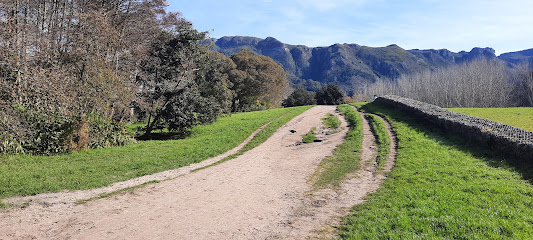
Groot Constantia Museum
Experience the rich history and exquisite beauty of Groot Constantia Museum, the oldest wine estate in South Africa, set in the stunning Constantia Valley.
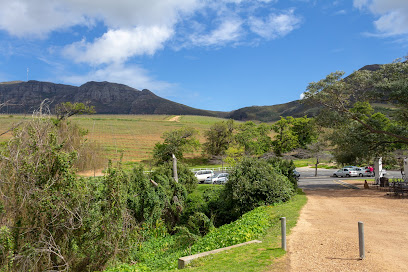
Bel Ombre Meadow
Discover the serene beauty of Bel Ombre Meadow, a nature preserve in Cape Town, South Africa, offering breathtaking landscapes and rich biodiversity.
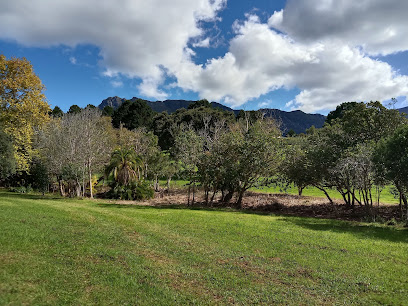
Parish Park
Explore the peaceful escape of Parish Park, a lush green oasis in Silverhurst, Cape Town, perfect for relaxation and outdoor activities.
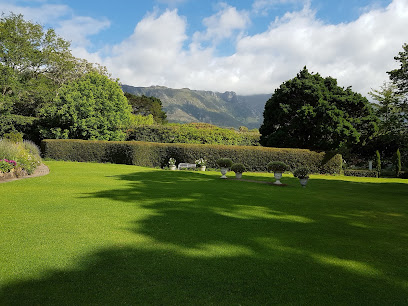
Essential places to dine
Jonkershuis Constantia
Experience exquisite dining at Jonkershuis Constantia, nestled in Cape Town's historic Groot Constantia wine estate amidst breathtaking scenery.
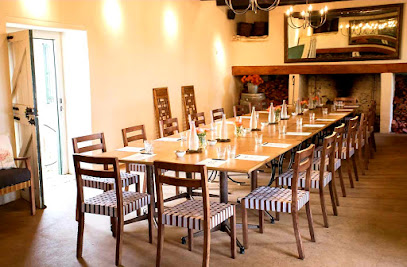
Simon's Restaurant
Discover Simon's Restaurant at Groot Constantia Wine Estate: A fine dining experience celebrating South African flavors amidst breathtaking vineyard views.
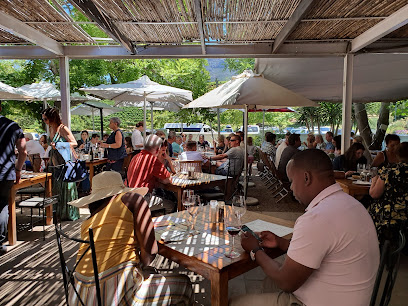
Foxcroft Restaurant
Experience culinary artistry at Foxcroft Restaurant in Constantia, where local flavors meet exceptional service in a charming setting.
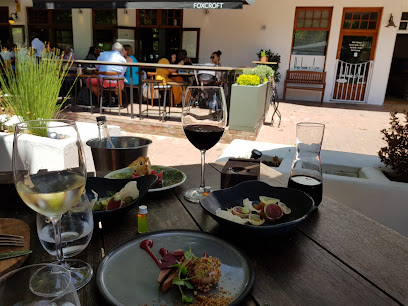
Peddlars
Experience delightful dining at Peddlars in Cape Town's Belle Constantia—where exquisite flavors meet stunning views.
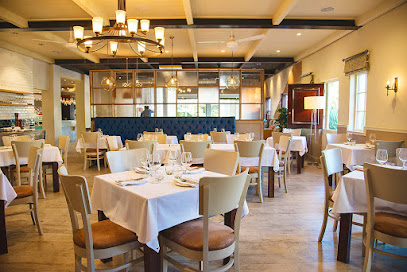
Old Town Italy Constantia
Discover authentic Italian flavors at Old Town Italy Constantia - where every meal is a culinary adventure amidst breathtaking surroundings.
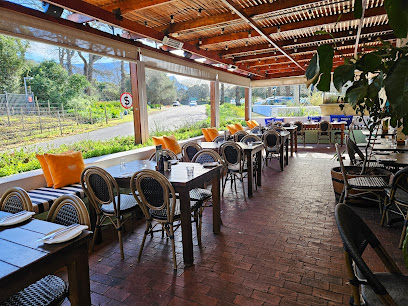
Beyond Restaurant
Experience exquisite fine dining at Beyond Restaurant in Constantia - where culinary artistry meets stunning vineyard views.
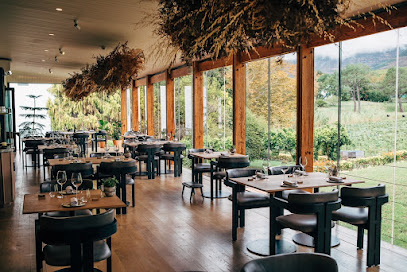
PRIMI Constantia
Experience authentic Italian cuisine at PRIMI Constantia with delicious pizzas and warm hospitality in beautiful Cape Town.
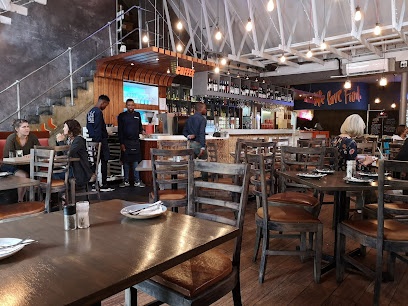
The Conservatory Restaurant
Discover The Conservatory Restaurant in Constantia Heights for an unforgettable dining experience featuring fresh local ingredients and stunning garden views.
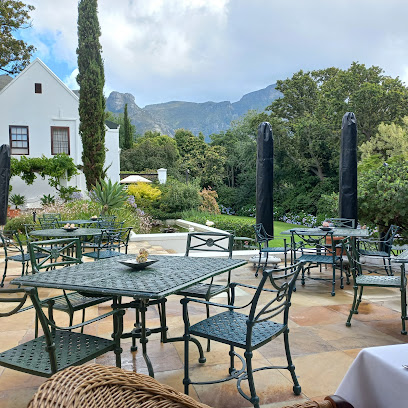
Blanko
Discover Blanko: A culinary haven in Constantia offering diverse dishes from succulent meats to fresh seafood and artisanal pizzas.
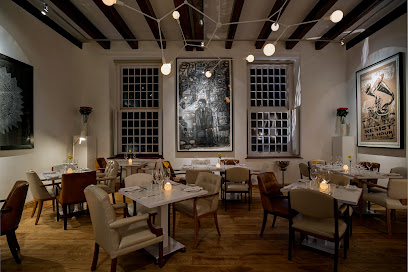
95 at Parks
Discover authentic Italian flavors amidst the scenic beauty of Constantia at 95 at Parks – where every meal feels like a celebration.
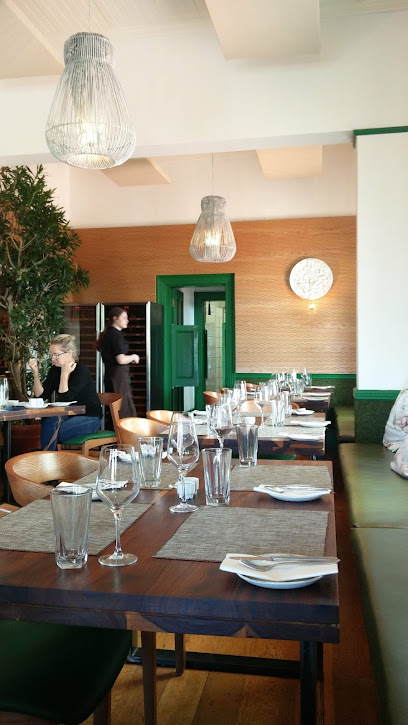
Markets, malls and hidden boutiques
Something Pretty Boutique
Experience unique fashion finds at Something Pretty Boutique in Constantia, Cape Town - a haven for style enthusiasts and trendsetters alike.
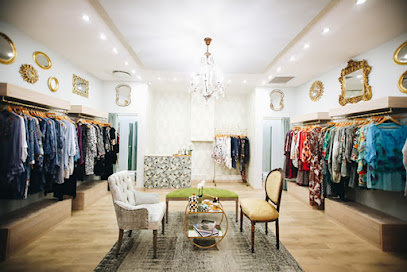
Birds of a Feather
Explore the charm and creativity of South African craftsmanship at Birds of a Feather, a unique gift shop in Constantia, Cape Town.
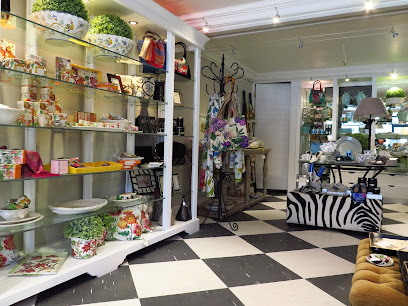
Madison Boutique
Explore unique women's fashion at Madison Boutique in Constantia, Cape Town - your destination for stylish clothing and personalized service.
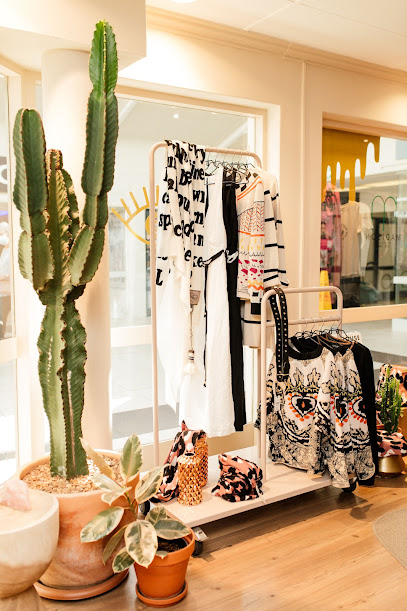
TESSUTI
Explore TESSUTI in Constantia, Cape Town, for stunning women's clothing and exceptional service in a beautiful boutique setting.
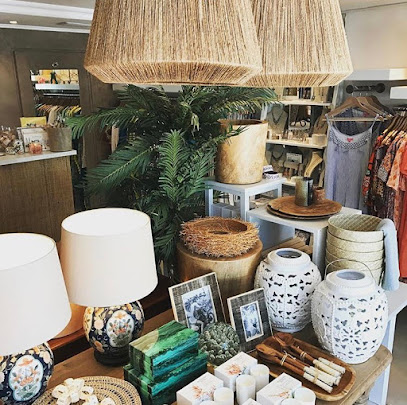
Little House Boutique
Explore the charm of Little House Boutique in Constantia Village, a treasure trove of locally sourced gifts and homeware in Cape Town.
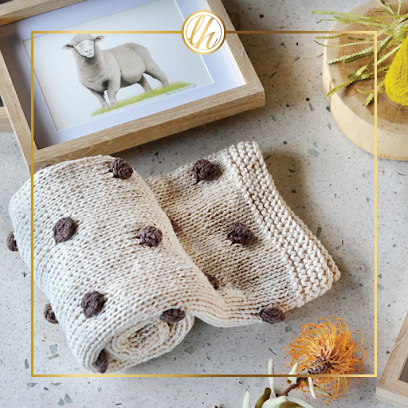
Poetry Constantia Village
Explore Poetry Constantia Village for stylish women's clothing and exquisite home goods in the heart of Cape Town's Constantia region.
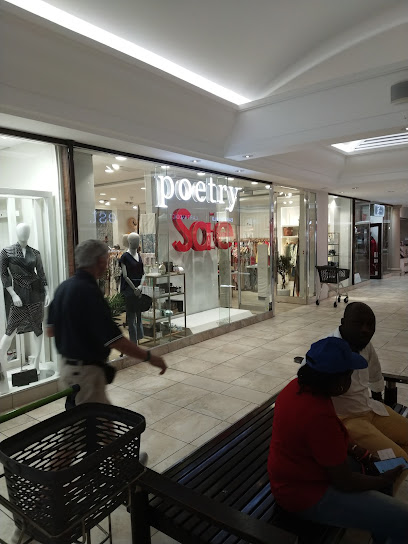
the STUDIO
Discover unique gifts and local artisan crafts at The STUDIO in Constantia, a charming gift shop in Cape Town that captures the essence of South African culture.
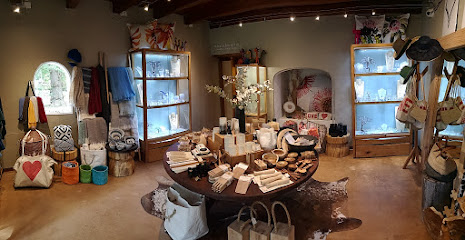
MASQUERADE CONSTANTIA
Explore the enchanting Masquerade Constantia, a premier gift shop in Cape Town featuring unique, locally crafted treasures and souvenirs.
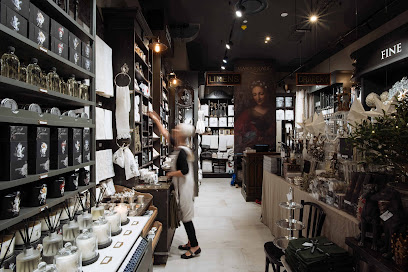
Chica-Loca!
Discover the vibrant charm of Chica-Loca!, a ladies boutique in Bergvliet offering unique fashion and accessories that capture the essence of Cape Town.
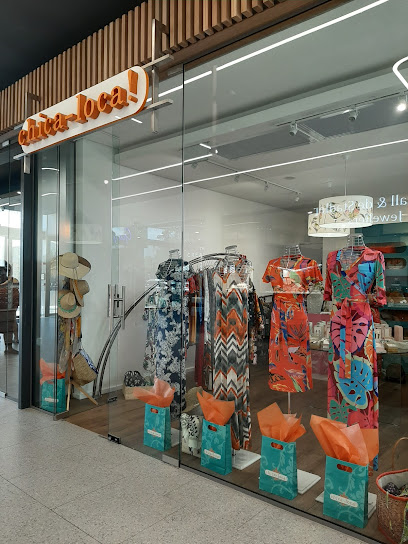
Brand Collective Constantia Emporium
Explore unique fashion at Brand Collective Constantia Emporium, a vibrant clothing store in the heart of Cape Town's picturesque Constantia area.
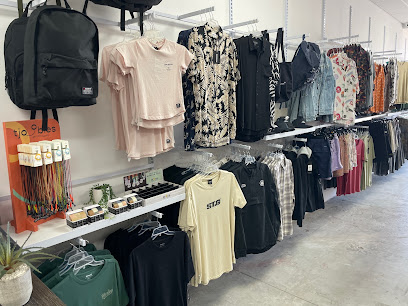
Essential bars & hidden hideouts
Jonkershuis Constantia
Experience exquisite dining and breathtaking views at Jonkershuis Constantia, nestled in the heart of South Africa's oldest wine estate.
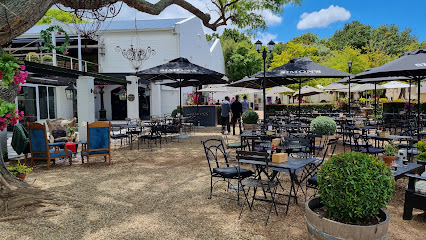
La Parada Constantia Nek
Experience the vibrant flavors of Cape Town at La Parada Constantia Nek, a premier tapas restaurant nestled in the heart of Hout Bay.
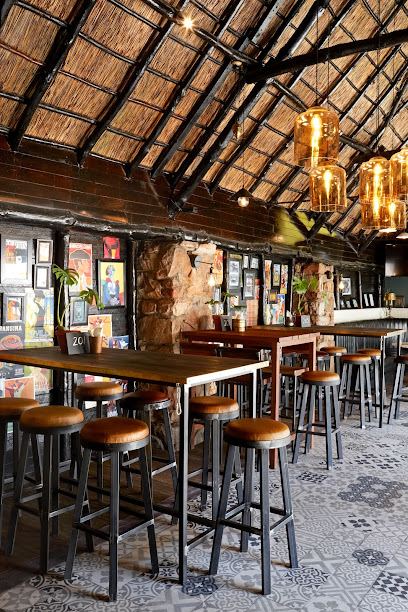
Simon's Restaurant
Experience the best of South African cuisine at Simon's Restaurant in Groot Constantia, surrounded by stunning vineyard views and a charming atmosphere.
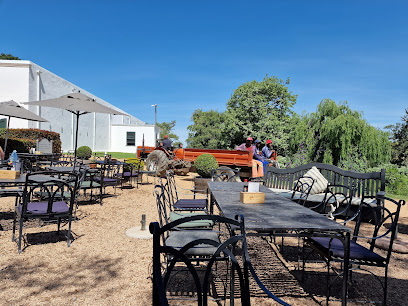
Foxcroft Restaurant
Discover Foxcroft Restaurant in Constantia, Cape Town - where innovative cuisine meets local flavors in a stunning setting.
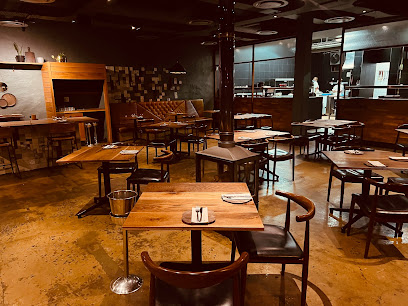
Peddlars
Discover the culinary delights of Peddlars, a unique restaurant, deli, and pub in the beautiful Belle Constantia area of Cape Town.
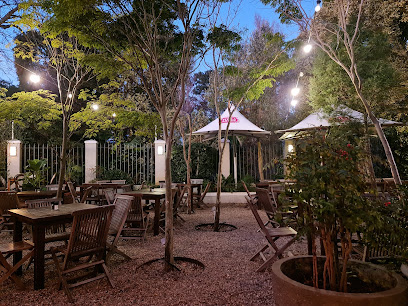
Beyond Restaurant
Discover the exquisite flavors of South African cuisine at Beyond Restaurant, set in the picturesque Constantia Valley of Cape Town.
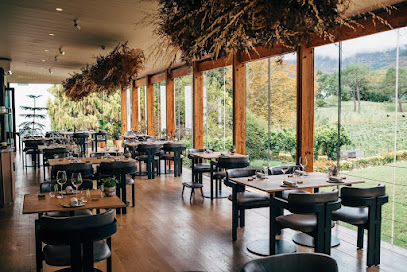
The Bay @ False Bay Rugby Club
Discover the perfect blend of dining and sports at The Bay @ False Bay Rugby Club, a family-friendly bar and grill in the heart of Constantia, Cape Town.
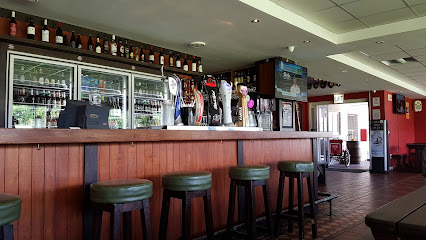
The Conservatory Restaurant
Experience the best of South African cuisine at The Conservatory Restaurant in Cape Town's scenic Constantia Heights.
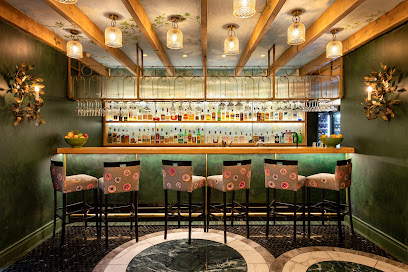
Chefs Warehouse Beau Constantia
Experience culinary excellence at Chefs Warehouse Beau Constantia, where gourmet dishes meet breathtaking vineyard views in Cape Town's premier dining destination.
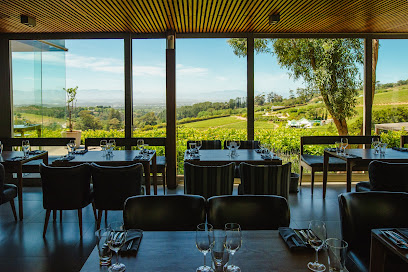
Incognito
Experience the vibrant atmosphere of Incognito, where exquisite cocktails meet delectable tapas in the heart of Constantia Valley.
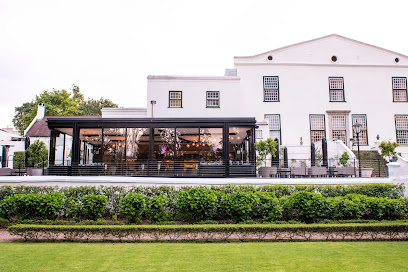
Local Phrases
-
- HelloHallo
[ha-lo] - GoodbyeTotsiens
[toht-see-ens] - YesJa
[yah] - NoNee
[nee] - Please/You're welcomeAsseblief
[ah-suh-bleef] - Thank youDankie
[dun-key] - Excuse me/SorryVerskoon my
[fur-skoohn may] - How are you?Hoe gaan dit met jou?
[hoo gahn deet met yoh] - Fine. And you?Goed. En jy?
[goot. en yey] - Do you speak English?Praat jy Engels?
[praht yey eng-guhls] - I don't understandEk verstaan nie
[ek verstahn nee]
- HelloHallo
-
- I'd like to see the menu, pleaseEk wil asseblief die spyskaart sien
[ek vil ah-suh-bleef dee spays-kahrt seen] - I don't eat meatEk eet nie vleis nie
[ek ayt nee flays nee] - Cheers!Gesondheid!
[guh-sunt-hate] - I would like to pay, pleaseEk wil asseblief betaal
[ek vil ah-suh-bleef buh-tahl]
- I'd like to see the menu, pleaseEk wil asseblief die spyskaart sien
-
- Help!Help!
[help] - Go away!Gaan weg!
[gahn vehg] - Call the Police!Bel die Polisie!
[bell dee poh-lee-see] - Call a doctor!Bel 'n dokter!
[bell un dohk-tur] - I'm lostEk is verlore
[ek is fuh-lor-uh] - I'm illEk is siek
[ek is seek]
- Help!Help!
-
- I'd like to buy...Ek wil koop...
[ek vil kohp] - I'm just lookingEk kyk net
[ek kayk neht] - How much is it?Hoeveel kos dit?
[ho-veel kohs deet] - That's too expensiveDit is te duur
[deet is teh duhr] - Can you lower the price?Kan jy die prys verlaag?
[kahn yey dee prace fur-lahg]
- I'd like to buy...Ek wil koop...
-
- What time is it?Hoe laat is dit?
[ho lah-t deet] - It's one o'clockDit is een uur
[deet is ayn oor] - Half past (10)Half tien
[hahlf teen] - MorningOggend
[oh-khent] - AfternoonMiddag
[mid-ahg] - EveningAand
[ahnt] - YesterdayGister
[gih-stur] - TodayVandag
[fahn-dahg] - TomorrowMôre
[moo-ruh] - 1Een
[ayn] - 2Twee
[twee] - 3Drie
[dree] - 4Vier
[feer] - 5Vyf
[feyf] - 6Ses
[sehs] - 7Sewe
[seh-vuh] - 8Agt
[ahgt] - 9Nege
[nee-guh] - 10Tien
[teen]
- What time is it?Hoe laat is dit?
-
- Where's a/the...?Waar is 'n/die...?
[vahr is un/dee] - What's the address?Wat is die adres?
[vut is dee ah-drehs] - Can you show me (on the map)?Kan jy my wys (op die kaart)?
[kahn yey may vays (ohp dee kahrt)] - When's the next (bus)?Wanneer is die volgende (bus)?
[vahn-neer is dee fuhl-guhn-duh] - A ticket (to ....)'n Kaartjie (na ....)
[un kahrt-chee (nah)]
- Where's a/the...?Waar is 'n/die...?
History of Constantia
-
Constantia's history began in the 17th century during the establishment of the Cape Colony by the Dutch East India Company. In 1685, the land was granted to Simon van der Stel, the first governor of the Cape, who recognized the area’s potential for viticulture. He named the estate 'Constantia,' after a Dutch word meaning 'steadfastness,' and began cultivating vineyards, which laid the foundation for South Africa's wine industry.
-
By the 18th century, Constantia became renowned for its sweet dessert wines, particularly the famous Constantia dessert wine, which gained international acclaim. The wine was favored by European nobility, including figures like Napoleon Bonaparte and King Louis-Philippe of France. This period marked Constantia as a significant player in the global wine market, contributing to Cape Town's economic prosperity.
-
Throughout the 19th and 20th centuries, Constantia experienced significant changes due to colonial policies and the later apartheid system. The estate lands were divided, and many vineyards were sold off, leading to urban development. The socio-political landscape affected the local communities, as apartheid laws enforced racial segregation and land ownership restrictions, impacting the demographics and economy of the area.
-
After the end of apartheid in the early 1990s, Constantia began to reclaim its heritage. Efforts were made to preserve historical sites, including the Groot Constantia estate, which is now a museum and a popular tourist attraction. The area has evolved into an affluent suburb known for its wine estates, luxury homes, and natural beauty, while still honoring its rich historical context.
-
Today, Constantia reflects a diverse cultural tapestry, combining its historical roots with modern influences. The community is a blend of local residents and international expats, contributing to a vibrant atmosphere. The region hosts various cultural events, art exhibitions, and culinary festivals, celebrating its rich heritage while fostering a contemporary identity that attracts visitors from around the globe.
Constantia Essentials
-
Constantia is located approximately 20 kilometers from Cape Town's city center. The most convenient way to reach Constantia is by car, either by rental or taxi. You can take the M3 highway from the city, which provides a scenic route through the lush landscapes of the area. For public transport, the MyCiTi bus service operates routes to nearby areas, but note that you may need to transfer to a taxi for the last leg of your journey.
-
Constantia is best explored by car, as public transport options are limited within the neighborhood. However, you can use local taxis or rideshare services like Uber for convenience. Bicycles are a popular choice for navigating the area, particularly with its numerous trails and scenic routes. Walking is also feasible, especially around the Constantia Village area, which has shops and restaurants close together.
-
Constantia is generally considered a safe neighborhood for tourists. However, it is advisable to stay vigilant, especially after dark. Avoid walking alone in isolated areas, and keep your belongings secure. While the area is not known for high crime rates, petty theft can occur, so be cautious in busier locations and while using public transport.
-
In case of an emergency, dial 10111 for police assistance or 10177 for medical emergencies. Familiarize yourself with the location of the nearest hospital or clinic, such as the Constantiaberg Mediclinic. It is advisable to have travel insurance that includes medical coverage. Pharmacies are available for minor health issues, and many have English-speaking staff.
-
Fashion: Do dress comfortably and respect local customs, especially in religious settings. Don't wear overly revealing clothing when visiting churches or vineyards. Religion: Do be respectful of local customs and practices. Avoid discussing sensitive topics such as politics and religion unless invited. Public Transport: Do respect fellow passengers and give up your seat to the elderly. Don't eat or drink while on public transport. Greetings: Do greet people with a friendly smile and a handshake. Don't be overly familiar; keep personal space in mind. Eating & Drinking: Do try local wines and farm-to-table dining experiences. Don't waste food or refuse hospitality, as it may offend your hosts.
-
To experience Constantia like a local, visit the Constantia Village, where you can shop at boutique stores and enjoy local cafes. Explore the wine estates, such as Groot Constantia, for tastings and tours. Participate in local markets, particularly the Constantia Fresh Market on weekends, for fresh produce and artisanal goods. Engage with locals—they can provide valuable insights and recommendations about hidden gems in the area. Lastly, enjoy the beautiful hiking trails in the Constantia Greenbelt for a taste of the natural beauty surrounding the neighborhood.
Trending Landmarks in Constantia
-
Constantia Village Courtyard Shopping Centre
-
Jonkershuis Constantia
-
Alphen Trail
-
Groot Constantia Winemaking Plaque
-
Groot Constantia-Trust
-
Constantia Nek
-
Constantia Greenbelt and Forest
-
Constantia Glen
-
Silverhurst Trail
-
Groot Constantia Museum
-
Groot Constantia Bath
-
Constantia Mist
-
Constantia Valley Tourism
Nearby Cities to Constantia
-
Things To Do in Keetmanshoop
-
Things To Do in Kimberley
-
Things To Do in Lüderitz
-
Things To Do in East London
-
Things To Do in Bloemfontein
-
Things To Do in Mafeteng
-
Things To Do in Mohale's Hoek
-
Things To Do in Quthing
-
Things To Do in Maseru
-
Things To Do in Teyateyaneng
-
Things To Do in Mariental
-
Things To Do in Leribe
-
Things To Do in Thaba-Tseka
-
Things To Do in Butha-Buthe
-
Things To Do in Mokhotlong











